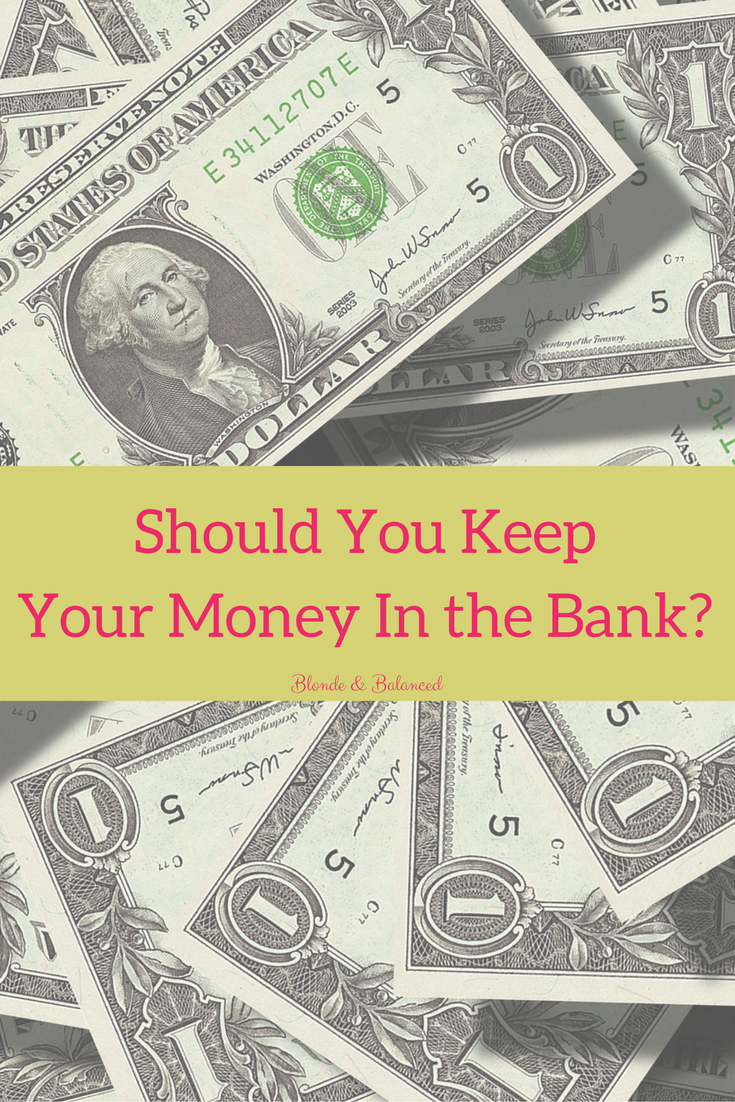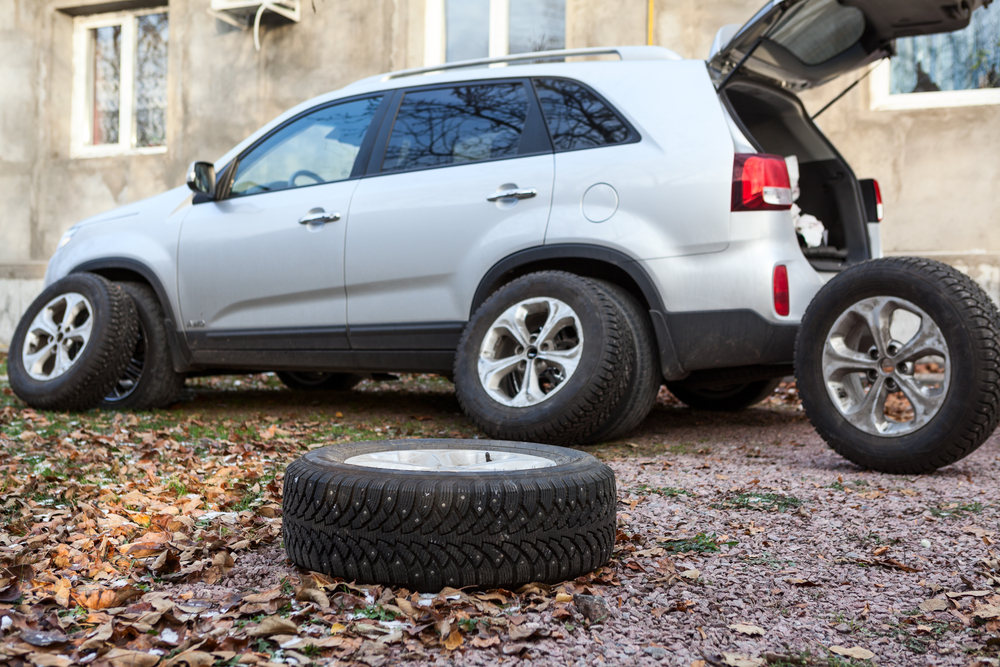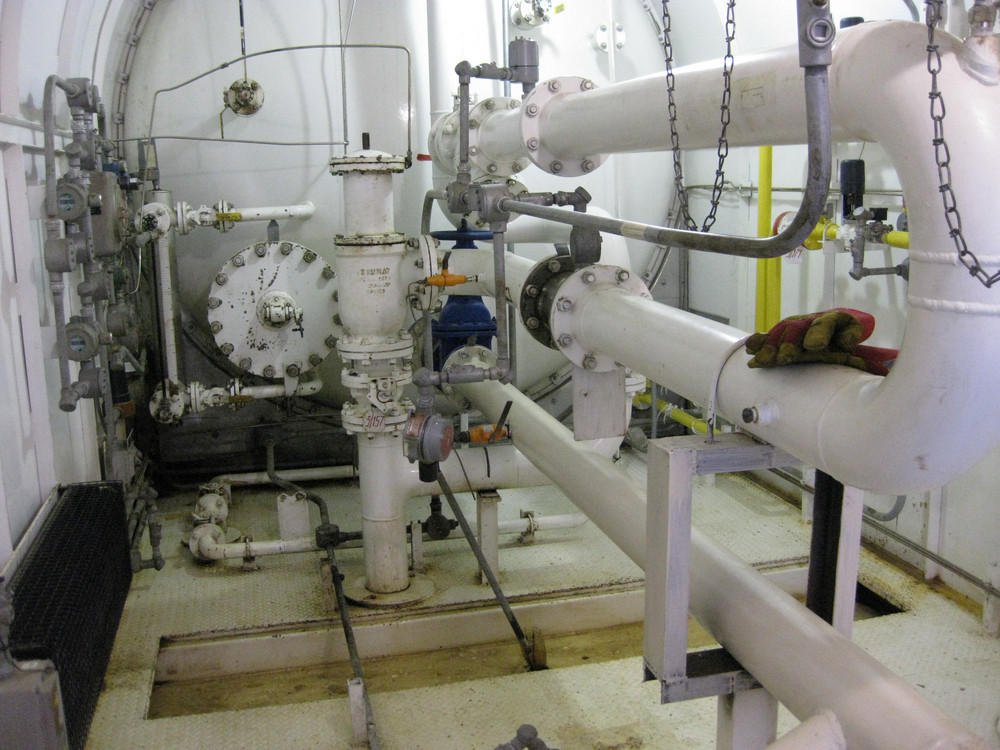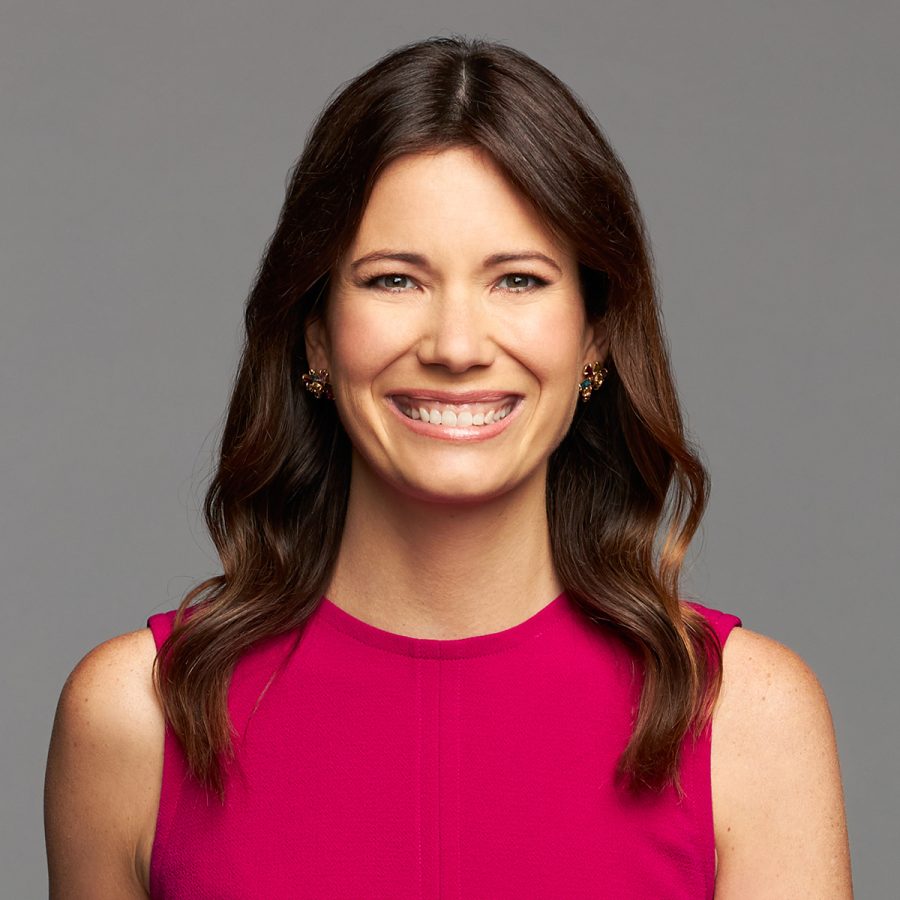These days, with so many banking options available, it can be hard to figure out what’s best. There are large commercial banks, credit unions, online banks, and smaller community banks. There are savings accounts, checking accounts, money market account, and investment accounts. And there are accounts that don’t offer interest, ones that pay very little interest, and ones that pay a lot of interest. So how do you sort it all out?
Let’s take a look at some of the pros and cons of banking, and then you can use this information to decide what the best option is for you.
Let’s start with the good stuff, the pros:
Options. As we just saw, the options for banking are overwhelming. There is an account type for every budget and every person. And most banks also offer investment services so it can be a one-stop shop for your financial needs.
Bank Your Way. Most banks offer branches that you can walk in to for deposits, withdrawals, transfers, or even just ask questions. They also offer apps for your smartphone and online banking so you don’t even have to leave home for many types of transactions. You can even pay your bills right from your account. And, you receive payments through an app like Venmo or Paypal, you can link your bank account for easy access to your funds.
Convenience. Many of the large commercial banks offer branches all over the country with free ATM services so you can access your funds anytime anywhere whether you’re in your hometown or taking a trip.
Safety. If you deal with large amounts of cash, a bank is more than just convenient, it’s safe. Your deposits are insured through the government so even if the bank goes under, you’ll get your money. And if you were to have some sort of disaster at your home like a fire, a hurricane, or a burglary, your money will remain safe and sound.
Little Up-Front Money. Most checking and savings accounts can be opened with as little as $25-$50, some for even less. If you’ve just started working and don’t have a lot of money yet but need a safe place to keep what you make, this is a great option.
Now let’s take a look at the cons:
Low Return. Unless you have a significant amount of money in your checking or savings account, you can expect to receive very little in interest. Banks like it if you deposit your funds with them, but they don’t usually pay you well for it.
Fees. If you don’t keep a large balance, you can sometimes run in to overdraft fees or even monthly service fees if you keep a balance below their minimum requirements. This can add up to extra money that you have to pay for the privilege of banking.
Protection. It’s becoming easier and easier to have your identity stolen, and with it, your bank account information. Swiping your debit card at a restaurant, or even carrying it in your pocket, can put your account at risk. Nowadays, thieves can walk past you with a scanner and transfer your card information directly to a device in their pocket. There are ways to avoid this of course, starting with protecting your PIN number. Don’t give it out or write it down and carry it with you. Always check your bank transactions against your receipts to make sure you’ve been charged correctly. And purchase some RFID Blocking Sleeves to keep your debit and credit cards in. They will prevent scanners from stealing your account information.
Overspend. Since you can access your money anytime and anywhere, it can be easy to overspend with impulse buys when you’re shopping. If you shop with cash, you’re limited to just what you have in your pocket, but a debit card gives you access to all of your funds.
Whether you choose to put your money in a bank or get a safe for under your bed to keep your cash, you will find there are pros and cons to either situation. You need to look at your own financial situation and decide what works best for you.







